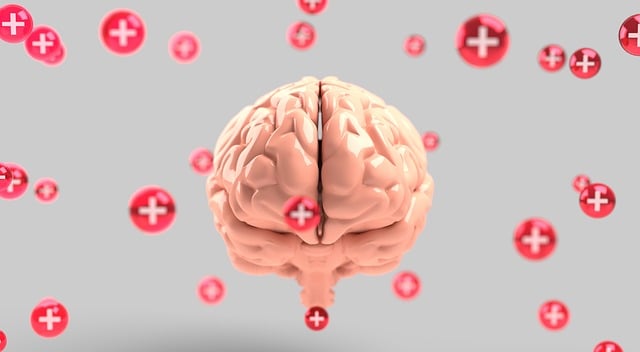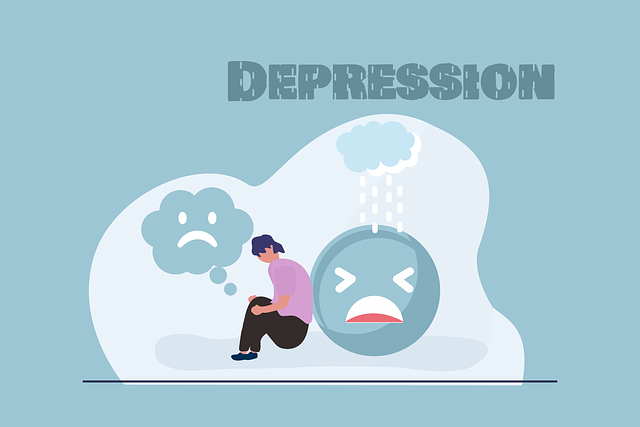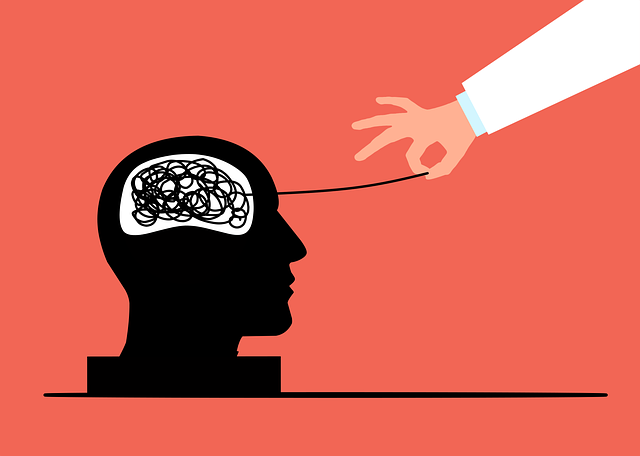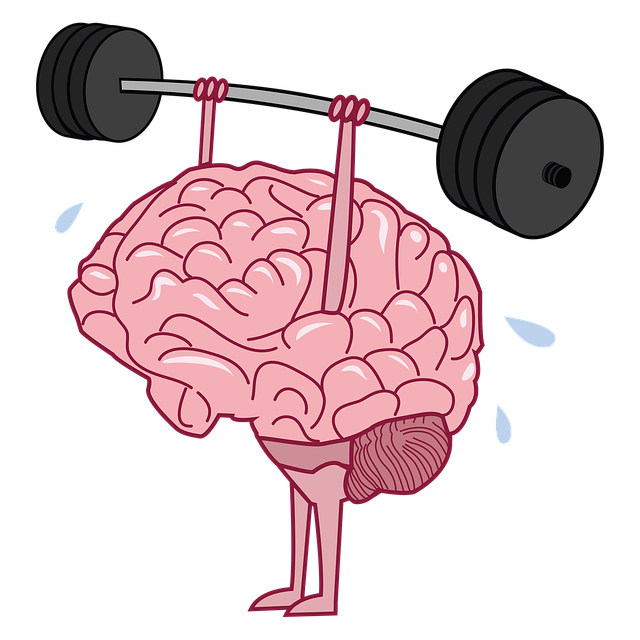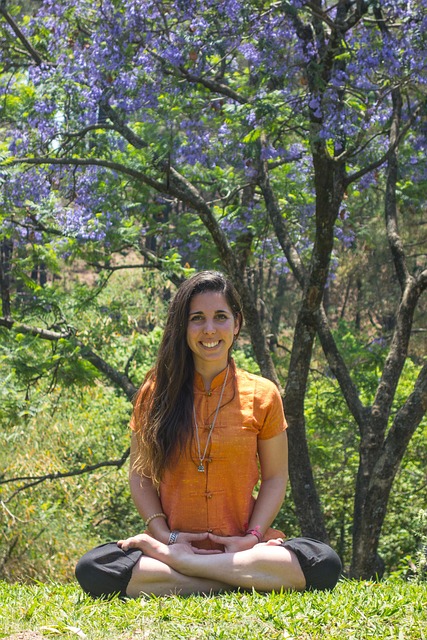Blended families face unique challenges like step-parent acceptance issues, sibling rivalry, and adjusting to new routines, leading to anxiety and depression. Therapy for adults in blended families provides crucial support through specialized approaches focusing on communication, conflict resolution, and stress management techniques. Self-care practices such as exercise, mindfulness, and open family conversations complement therapy, fostering understanding, resilience, and a harmonious home environment.
Stress reduction is a vital aspect of maintaining mental well-being, especially within complex family structures like blended families. This article explores effective strategies to combat stress among adult members in these unique households. We delve into the profound impact of stress and its potential to disrupt family dynamics. Through an examination of evidence-based therapy approaches tailored for adults in blended families, alongside practical self-care techniques, readers will gain valuable insights into fostering resilience and enhancing overall well-being. Discover how professional support combined with personal strategies can create a harmonious environment.
- Understanding Stress and Its Impact on Blended Families
- Effective Therapy Approaches for Adult Members in Blended Families
- Practical Self-Care Strategies to Complement Professional Support
Understanding Stress and Its Impact on Blended Families

Stress is a common experience, but its impact can be particularly significant within blended families—those made up of biological, step, and adopted children from previous relationships. The unique dynamics and adjustments involved in creating a cohesive family unit can contribute to elevated stress levels for both parents and children alike. Understanding these stressors is crucial for implementing effective strategies to mitigate their effects.
Blended families often face challenges related to step-parent acceptance, sibling rivalry, and adjusting to new routines, which can lead to increased anxiety and depression. Professional therapy for adults in blended families, including mental health policy analysis and advocacy, offers valuable support. Self-care practices, such as open communication strategies, are essential tools to navigate these complexities. By fostering honest dialogue, setting clear boundaries, and prioritizing individual well-being, family members can better manage stress, strengthen relationships, and create a more harmonious home environment.
Effective Therapy Approaches for Adult Members in Blended Families

In the context of therapy for adults in blended families, specialized approaches have been proven effective in addressing unique challenges that arise from step-parent dynamics and family integration. These include strategies for conflict resolution techniques tailored to navigate complex relationships and improve communication. Through structured sessions, adults learn healthy ways to express emotions, set boundaries, and manage disagreements constructively.
One promising method is incorporating stress management workshops organization that educates participants on mindfulness practices and emotional regulation techniques. By emphasizing the mind over matter principles, these workshops empower individuals to confront stressors and cultivate resilience. Such therapeutic interventions not only help adults in blended families cope with everyday pressures but also foster a more harmonious family environment by promoting understanding and empathy among step-parents and their children.
Practical Self-Care Strategies to Complement Professional Support

In addition to professional therapy for adults and blended families, incorporating practical self-care strategies into daily routines is essential for holistic stress reduction and emotional healing processes. Simple yet powerful methods such as regular exercise, mindfulness meditation, and maintaining a balanced diet can significantly enhance mental well-being. Engaging in activities that bring joy, whether it’s spending time in nature, pursuing a hobby, or practicing hobbies like yoga or painting, fosters a sense of calm and improves resilience to stress.
Building empathy within oneself and others is another valuable self-care strategy, particularly relevant in navigating the complexities of blended families. Public awareness campaigns development focused on mental health can facilitate this process by promoting understanding and reducing stigma. Through open conversations, sharing experiences, and practicing active listening, family members can strengthen their bonds, enhance communication, and create a supportive environment that nurtures emotional well-being, thereby complementing the therapeutic journey.
Stress reduction is a vital component of fostering healthy dynamics within blended families. By understanding the unique challenges that come with these family structures, individuals can leverage effective therapy approaches tailored for adults in blended families. Combining professional support with practical self-care strategies enables everyone to navigate life’s complexities more effectively, ultimately enhancing overall well-being and strengthening family bonds. For those seeking solutions, exploring these methods can be a game-changer, offering both immediate relief and long-lasting benefits.

